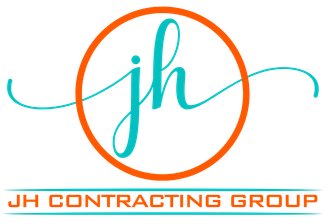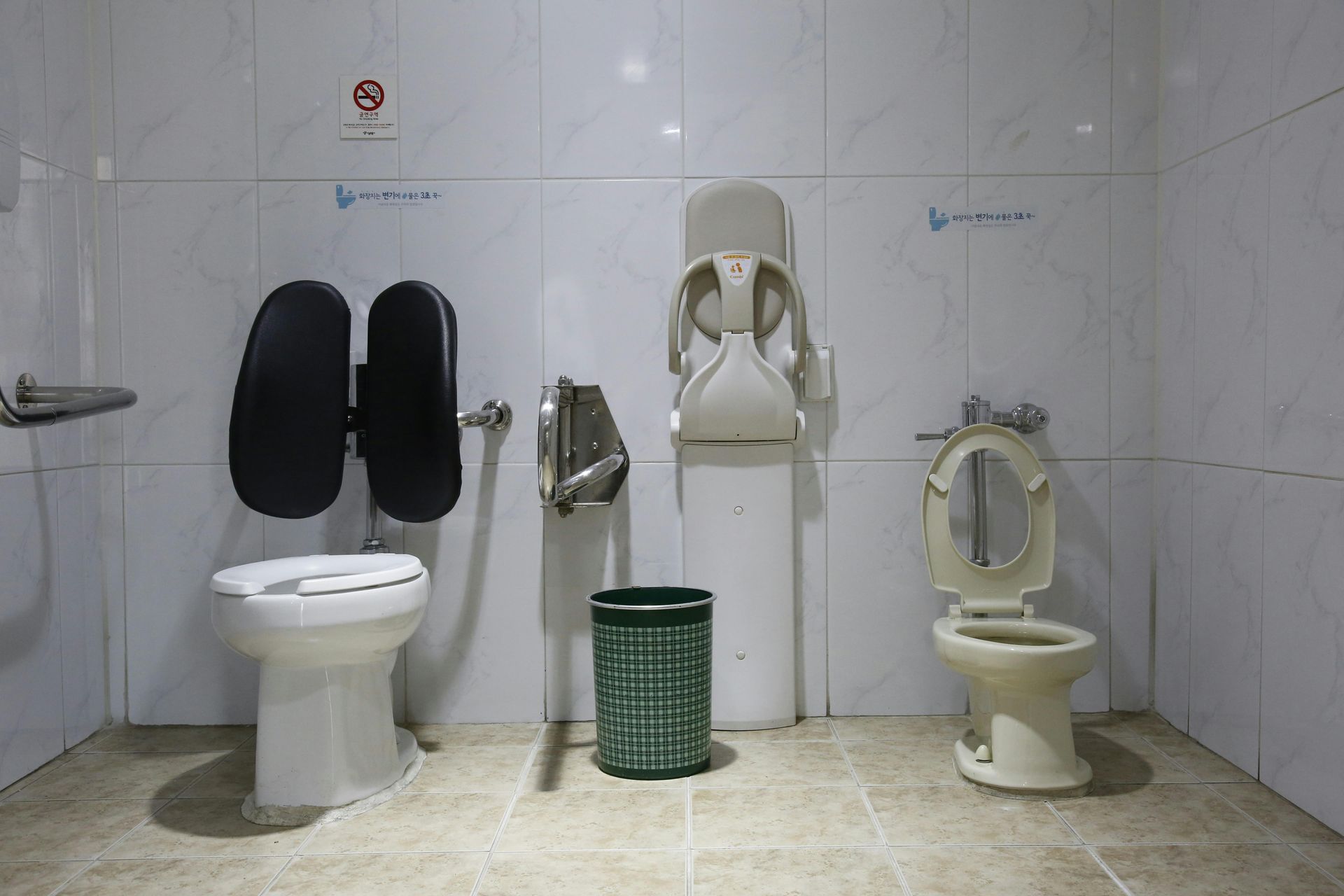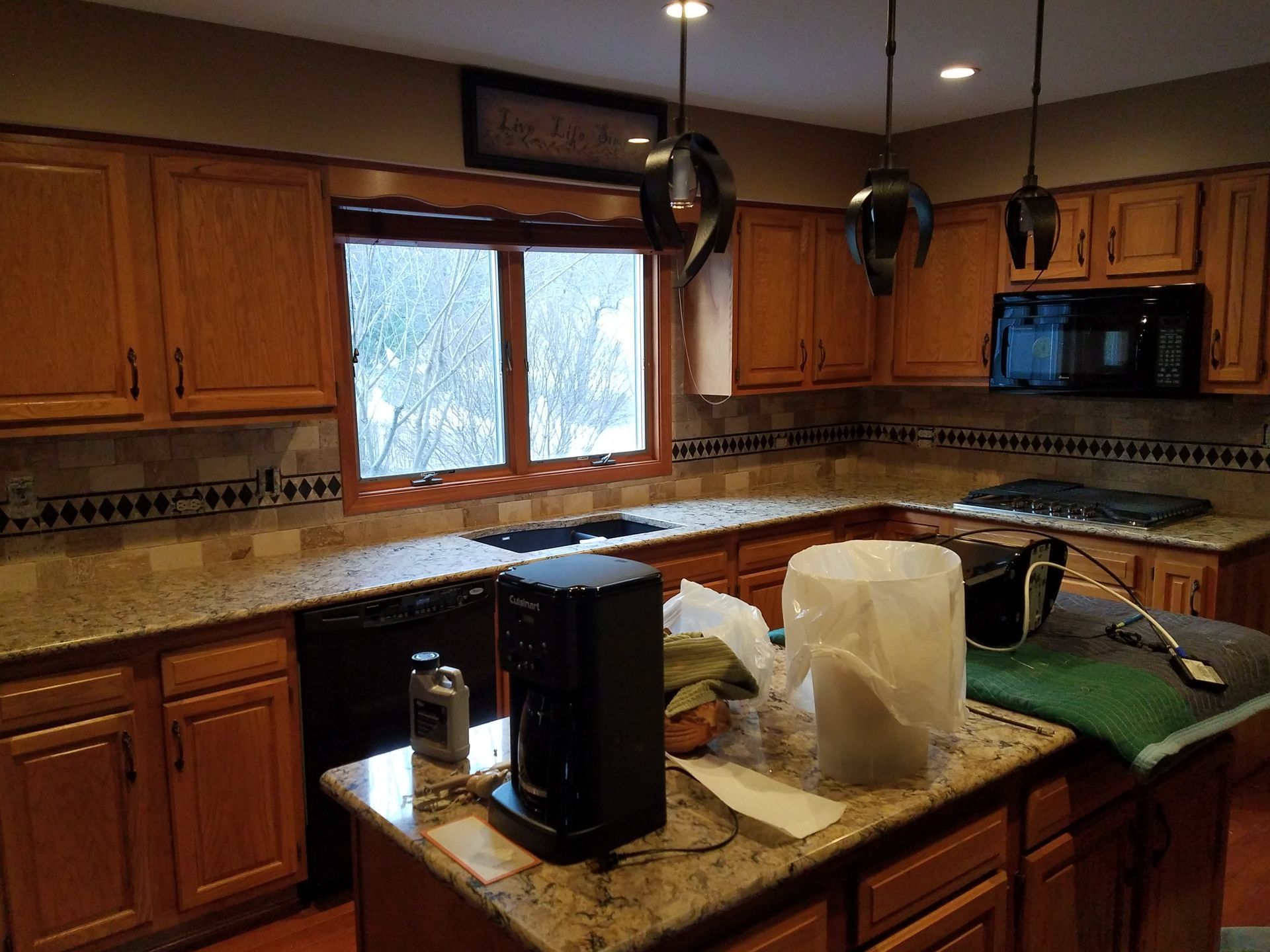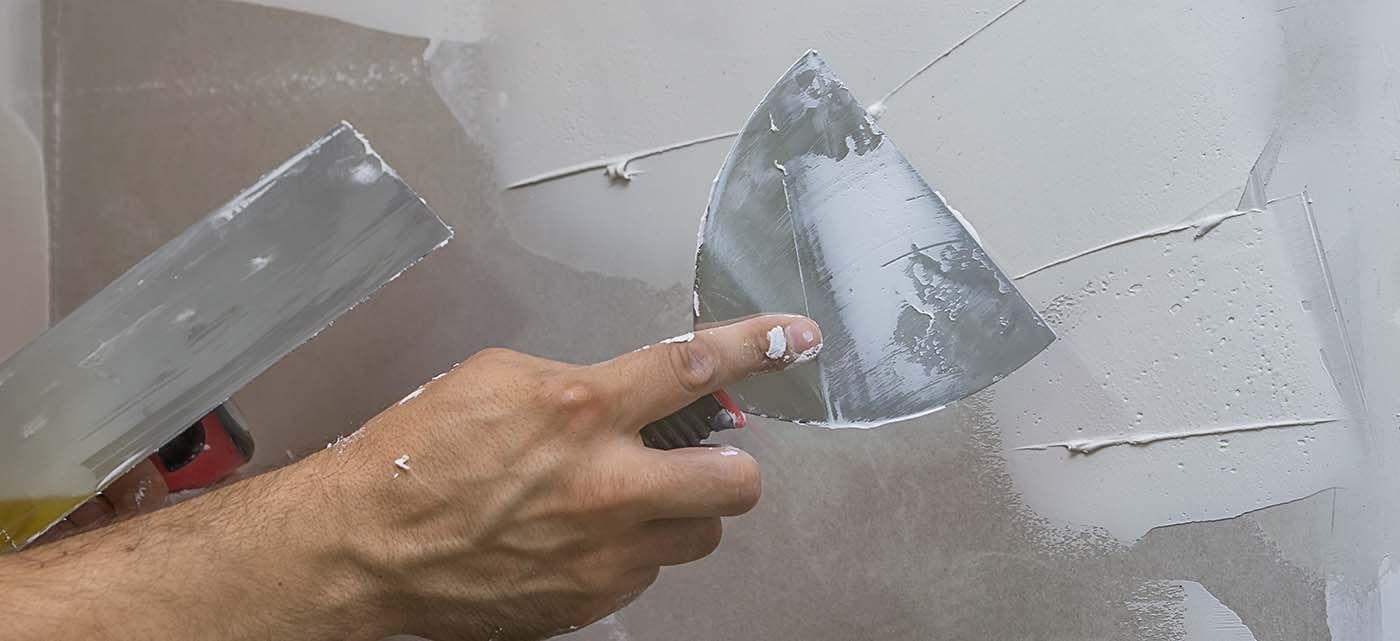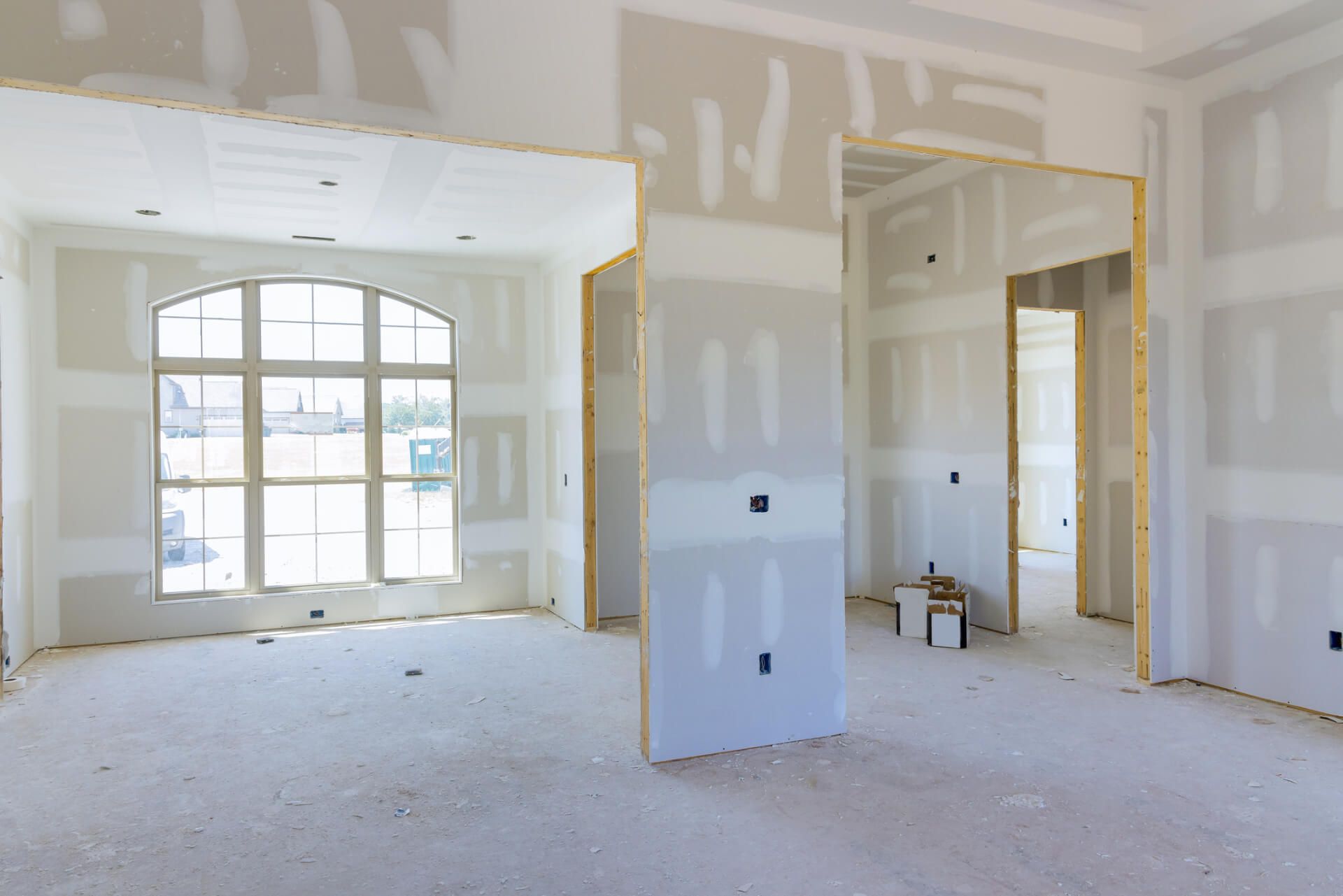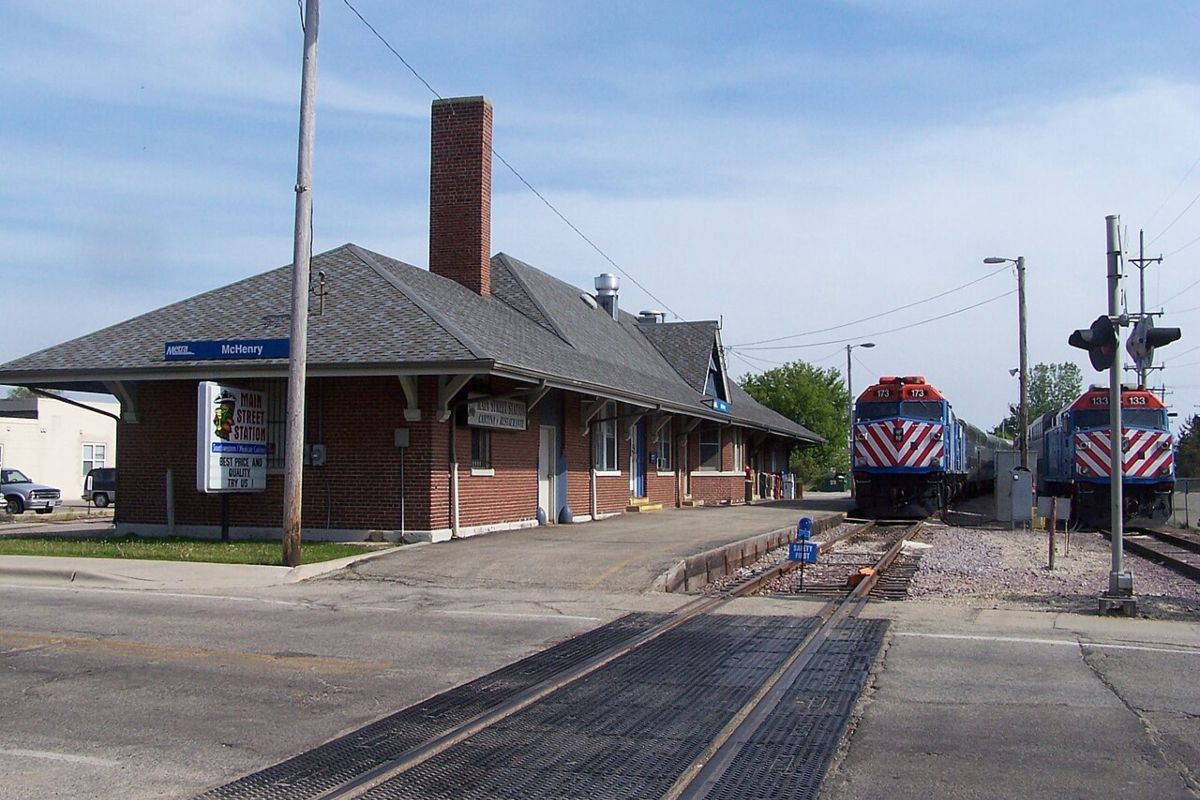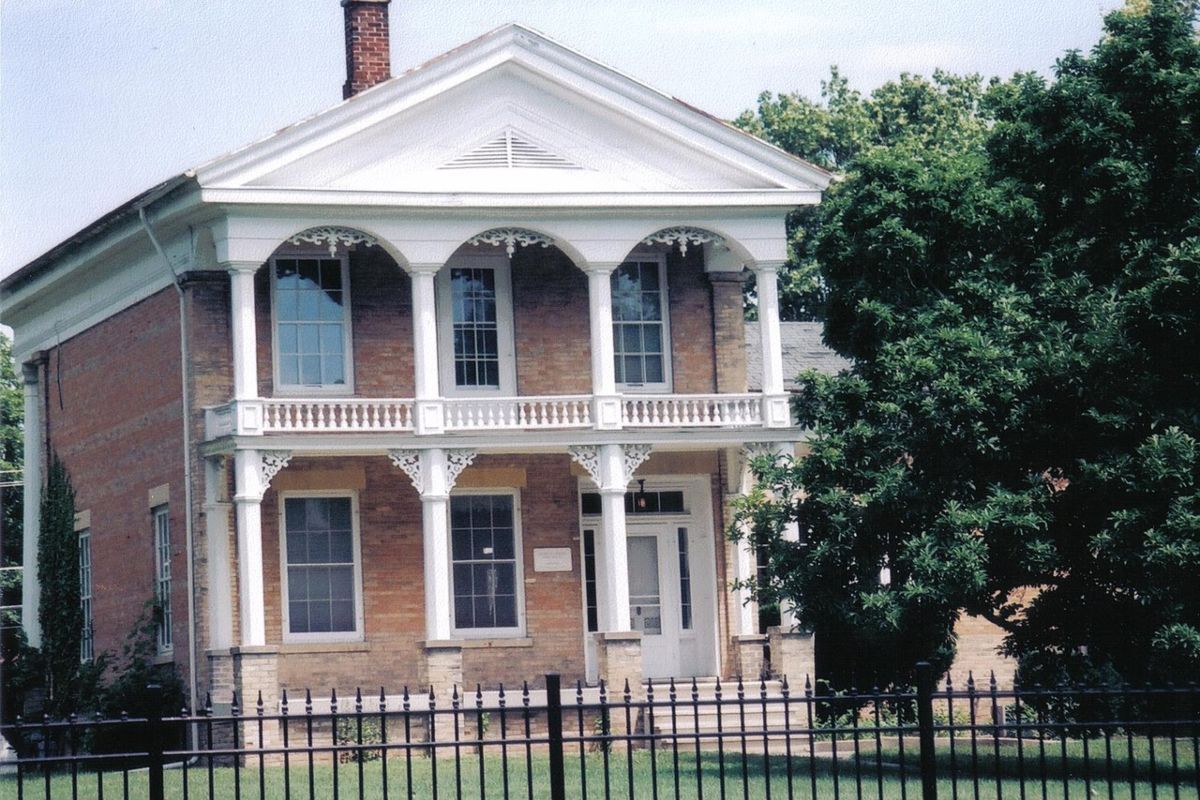Illinois Plumbing Laws Every McHenry Remodel Must Follow
Home remodeling is more than updating countertops or adding square footage—it also means ensuring every component of your upgrade complies with state and local building codes. For McHenry homeowners planning a kitchen or bathroom remodel, plumbing code compliance is one of the most critical, yet often overlooked, aspects of a successful renovation.
This guide will walk you through the essential Illinois plumbing laws and how they impact your remodel, with a focus on compliance, safety, and long-term value.
Why Plumbing Codes Matter in Remodeling
Plumbing systems are the arteries of your home. A single error in pipe installation or fixture placement can lead to water damage, mold growth, or even contaminated drinking water. To prevent these costly issues, Illinois has adopted strict plumbing codes through the Illinois Plumbing Code (IPC)—administered and enforced by the Illinois Department of Public Health (IDPH).
For homeowners in McHenry, IL, adherence to these codes is mandatory, not optional. They protect your health, ensure environmental efficiency, and guarantee that all remodels are up to legal and professional standards.
Key Plumbing Code Requirements in Illinois
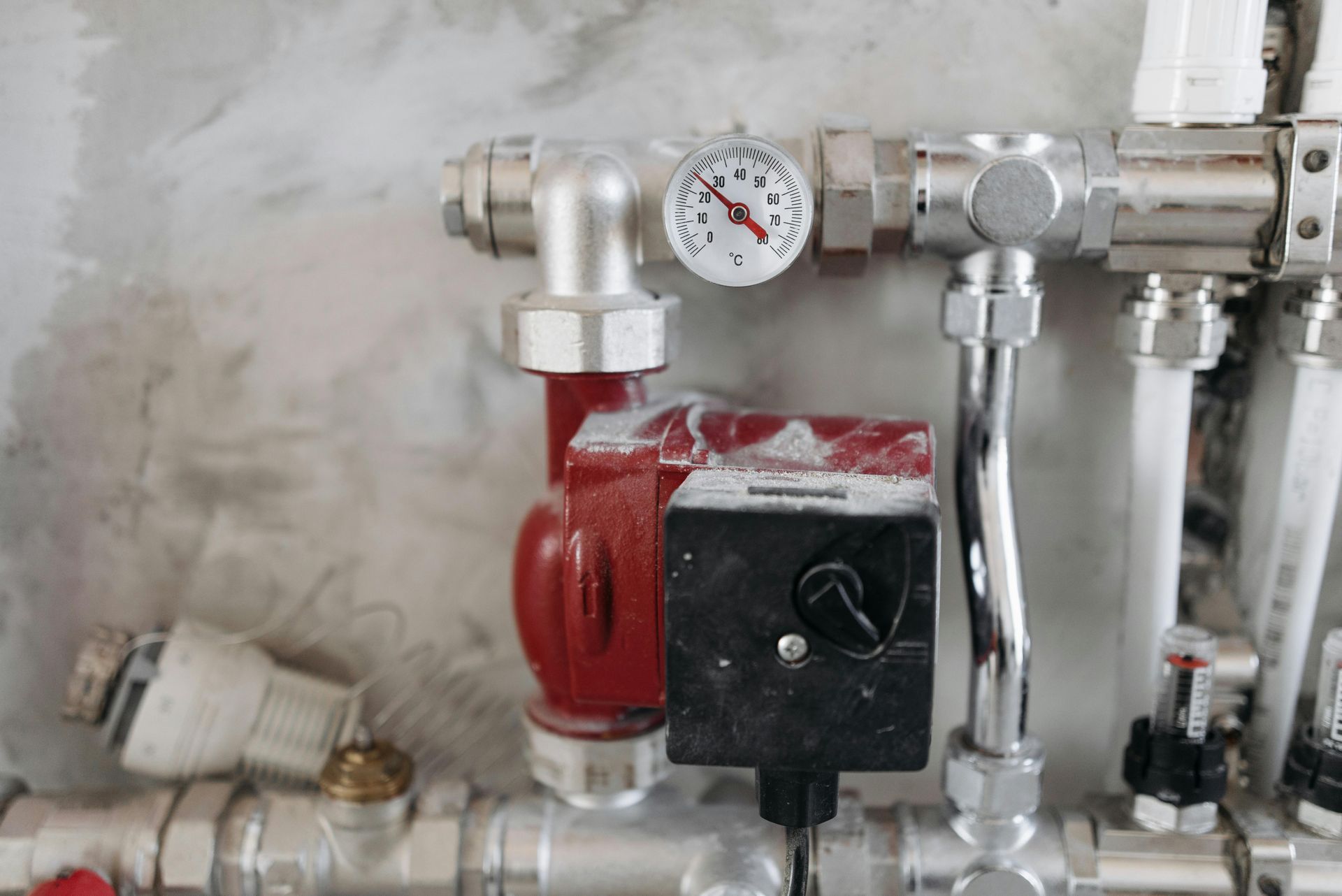
Let’s break down the most relevant plumbing regulations that apply to remodeling projects in kitchens, bathrooms, and basements.
1. Licensed Plumbing Work is Required
Under Illinois law, only licensed plumbers or registered apprentice plumbers under the supervision of a licensed plumber can legally install or modify plumbing systems. Homeowners in McHenry must avoid hiring unlicensed handymen for any work involving water supply, drainage, or gas piping.
According to the IDPH, unlicensed plumbing work is a leading cause of code violations and health risks.
2. Permits Are Mandatory for Plumbing Modifications
Any remodeling project that involves altering the plumbing system—like moving a sink, installing a new toilet, or changing pipe locations—requires a plumbing permit from the local building department. This ensures that:
- Work is inspected
- Materials meet code
- Proper installation practices are followed
The City of McHenry and surrounding towns have individual requirements, but all follow the core IPC standards.
3. Approved Materials Only
The Illinois Plumbing Code outlines specific materials that are allowed for plumbing systems. For example:
- Copper piping, PEX, and PVC are approved for potable water supply.
- Lead piping is prohibited.
- Drainage systems must use code-approved materials like ABS or cast iron.
Using the wrong materials, even in hidden areas like behind drywall, can result in failed inspections and costly rework.
4. Ventilation and Traps
Proper plumbing design includes air venting systems and P-traps to prevent sewer gas from entering your home. The Illinois Plumbing Code requires:
- Each fixture to have a properly vented trap
- Dry vents or air admittance valves (AAVs) installed to IPC standards
Incorrect venting is a common problem in DIY remodels, especially in basement bathrooms or converted attics.
5. Water Conservation and Fixture Efficiency
To meet state and federal conservation goals, Illinois plumbing law mandates the installation of low-flow plumbing fixtures, including:
- Toilets using 1.28 gallons per flush (GPF) or less
- Showerheads with a flow rate of 2.5 gallons per minute or lower
- Faucets that comply with EPA WaterSense standards
These regulations not only conserve water but can reduce your utility bills over time.
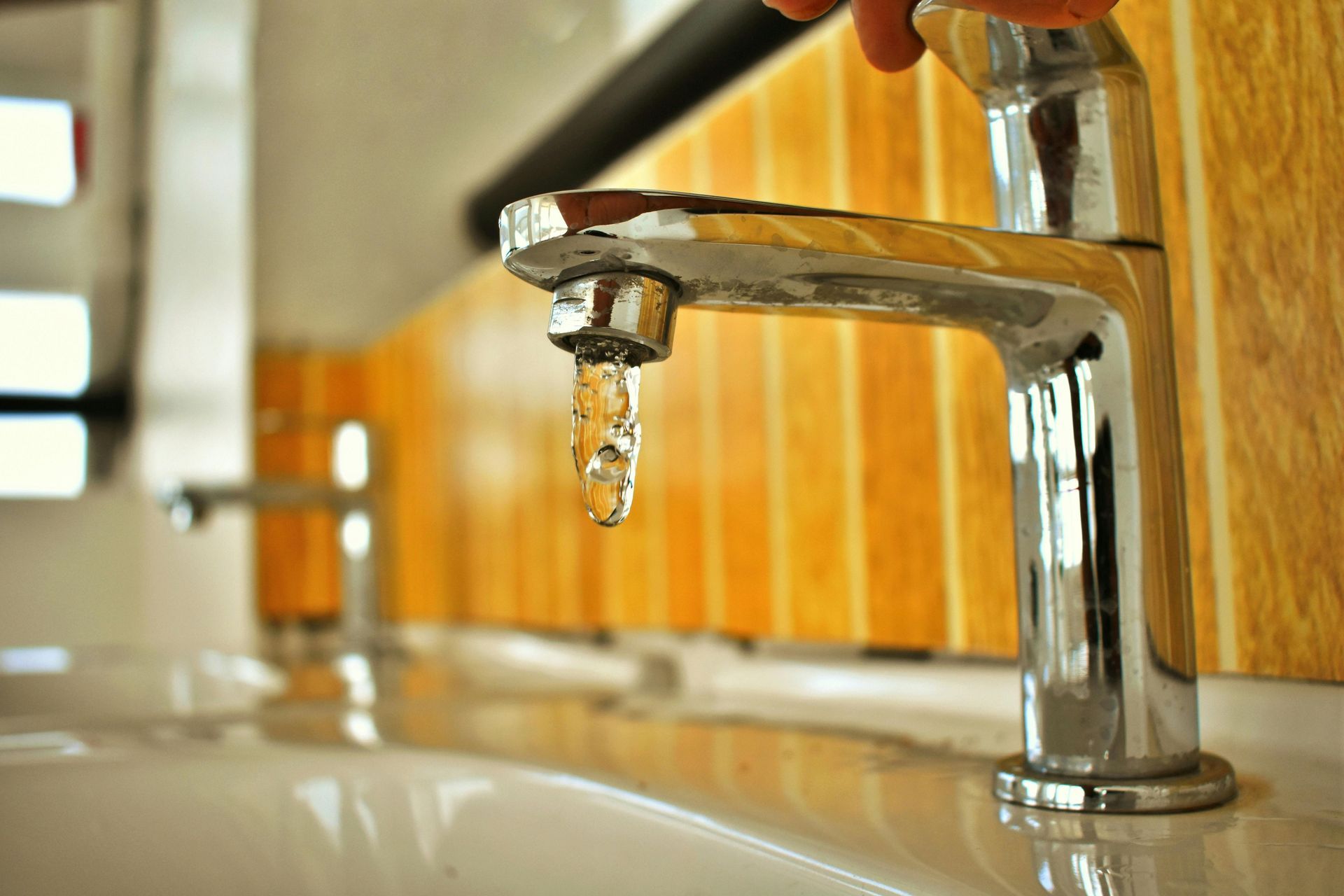
Local Code Considerations in McHenry, IL
While Illinois law governs plumbing standards statewide, local jurisdictions like McHenry, Crystal Lake, and Algonquin often add their own layers of inspection and enforcement. JH Contracting Group ensures that every remodel we perform complies with:
- Local permit application processes
- Municipal plumbing inspections
- City-specific updates to the Illinois Plumbing Code
We work directly with municipal inspectors to streamline approvals and pass all inspections on the first attempt.
Common Plumbing Code Violations in Remodels
Understanding common pitfalls can help homeowners avoid unnecessary costs and delays. Some frequent plumbing code violations include:
- Improper slope of drain lines
- Missing or incorrectly installed air gaps in dishwashers
- Using non-code materials such as flexible rubber couplings
- Inadequate access to cleanouts
Professional contractors, like JH Contracting Group, are trained to spot and avoid these issues before they become problems.
Choose a McHenry Contractor That Understands Plumbing Code
At JH Contracting Group, Inc., we do more than just remodel homes—we make sure they’re built to code, built to last, and built for your lifestyle. Get in touch with us today to discuss your kitchen, bath, or basement remodel. Let us help you design a home that’s not only beautiful, but also safe, efficient, and 100% up to code.
